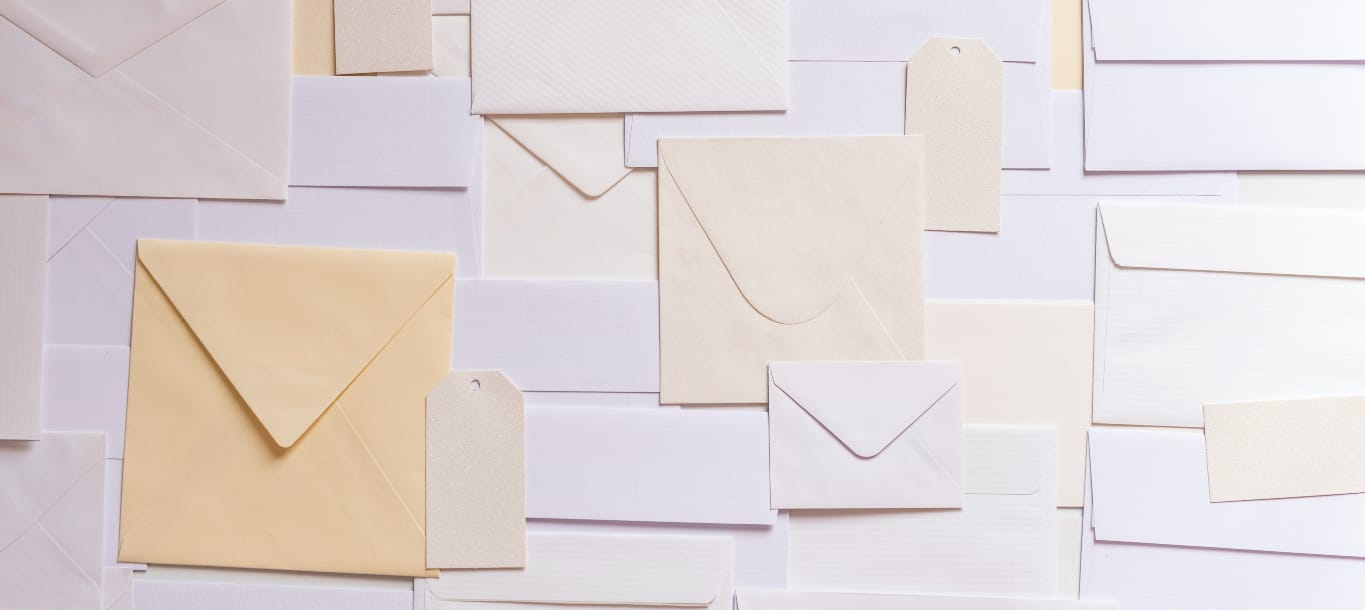What is a physics cover letter?
When applying for physics job opportunities, many companies will ask you to submit a cover letter. A cover letter is a letter, no longer than a side of A4 paper, in which you explain your interest in the job and the company, and how your experiences gives you the skills needed for the job. Note that a cover letter is different from a CV. While a cover letter is tailored to the specific role you’re applying for, a CV is more general. A CV also provides a rundown of your education and any work experience you have.
How do I start my physics cover letter?
Firstly, address your cover letter to the recruitment manager. This is often included on the job posting, but if it isn’t, it’s worth researching the company to find out who it is. This is a simple gesture but shows you’ve done your research. Then, state what role you’re applying for (in case the company is recruiting for many positions), and how you found out about it. Your introductory paragraph should conclude with a summary of why you’re the right person for the job, and why you’re interested in it.
What do I include in my physics cover letter?
The aim of your cover letter is to convince the company that you’re the right person for the job, so you’ll need to talk about what makes you stand out. Talk about your education and your relevant work experience (although try to avoid repeating what you said in your CV), and talk about how these experiences have prepared you for the role. Even if your experience wasn’t physics-related, you’ll still have a number of transferable skills. For example, a part-time retail job will provide you with communication, time management and problem solving skills. The job description will often include some skills they expect you to have, so try and reference these.
It’s also important to talk about why you’re interested in working for the specific company. Try to avoid saying generic things like ‘they’re a household name’ or ‘I like their ethos’. Instead, talk about specific projects the company has done, or specific parts of their ethos that you like. If there’s an employee at the company who you particularly admire, talk about them. This is what makes a great cover letter.
How do I end my physics cover letter?
You should end your cover letter with a summary of your interest in the role, and why the company should hire you. You may also want to include your contact information, in case the company has any questions for you. Don’t forget to include a formal send off, such as ‘Kind Regards.’ Finally, be sure to check your spelling and grammar thoroughly before submitting.
